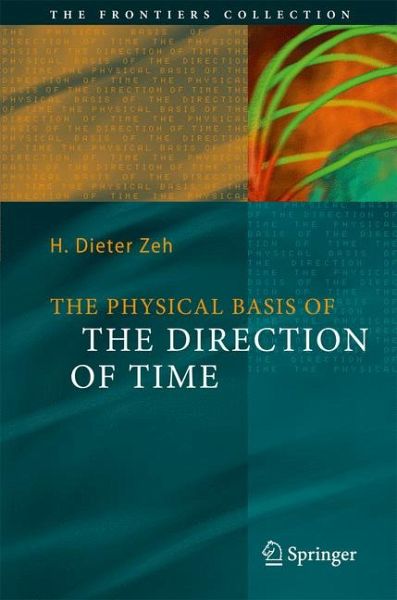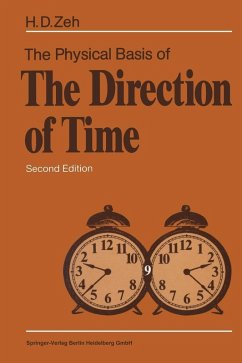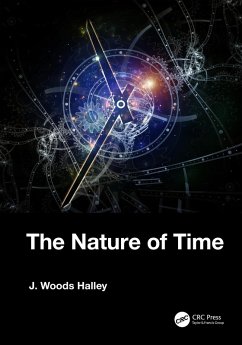
The Physical Basis of The Direction of Time (eBook, PDF)
Versandkostenfrei!
Sofort per Download lieferbar
52,95 €
inkl. MwSt.
Weitere Ausgaben:

PAYBACK Punkte
26 °P sammeln!
This thoroughly revised fifth edition of Zeh's classic text on irreversibility includes new sections on cosmic probabilities, quantum computers, and the expansion of the Universe. The book investigates irreversible phenomena in classical, quantum and cosmological settings. In particular, it contains a detailed treatment of radiation damping as well as extended sections on dynamical maps, quantum entanglement and decoherence, arrows of time hidden in various interpretations of quantum theory, and the emergence of time in quantum gravity. Both physicists and philosophers of science who reviewed ...
This thoroughly revised fifth edition of Zeh's classic text on irreversibility includes new sections on cosmic probabilities, quantum computers, and the expansion of the Universe. The book investigates irreversible phenomena in classical, quantum and cosmological settings. In particular, it contains a detailed treatment of radiation damping as well as extended sections on dynamical maps, quantum entanglement and decoherence, arrows of time hidden in various interpretations of quantum theory, and the emergence of time in quantum gravity. Both physicists and philosophers of science who reviewed earlier editions praised this book as a magnificent survey, a concise, technically sophisticated, up-to-date discussion of the subject, showing fine sensitivity to crucial conceptual subtleties.
Dieser Download kann aus rechtlichen Gründen nur mit Rechnungsadresse in A, B, BG, CY, CZ, D, DK, EW, E, FIN, F, GR, HR, H, IRL, I, LT, L, LR, M, NL, PL, P, R, S, SLO, SK ausgeliefert werden.












